 About the Author: Courtney Shihabuddin is a blogger, breast cancer survivor, nurse practitioner, mama, and founder of NP Courtney, an online support platform for young women battling breast cancer. Check out her website here. She was diagnosed at age 35 with stage Ib, (ER+, PR+, HER2-) invasive lobular carcinoma breast cancer. Courtney is using her experience of facing a life-threatening disease in her 30s to support and inspire young women to thrive in the face of adversity with strength, confidence, and style.
About the Author: Courtney Shihabuddin is a blogger, breast cancer survivor, nurse practitioner, mama, and founder of NP Courtney, an online support platform for young women battling breast cancer. Check out her website here. She was diagnosed at age 35 with stage Ib, (ER+, PR+, HER2-) invasive lobular carcinoma breast cancer. Courtney is using her experience of facing a life-threatening disease in her 30s to support and inspire young women to thrive in the face of adversity with strength, confidence, and style.
A COVID-19 Cancer Diagnosis
Receiving a diagnosis of cancer is never easy by any means. But being told that you have breast cancer as a worldwide pandemic is consuming the world is another thing altogether.
Cancer in the time of Corona…over time, my husband and I began to joke. The expression sort of rolled off our tongues, and we even started hashtagging it. I think attempting to laugh at the ridiculousness of the whole thing is what kept us relatively sane. I say relatively because there’s no easy way to process a cancer diagnosis at 35 with a two and a five-year-old during a worldwide pandemic. The whole thing was compounded because my husband is an emergency department physician. Oh, and my parents also happened to be on a cruise around the world for their 50th anniversary and were stuck in Australia as borders were getting shut down. It was like a comedy of errors, except it was my life.
I received so many messages as it was all happening that I was so strong. How brave I was to share my journey with the world. But to be honest, the month between my diagnosis and my announcement nearly destroyed me. I was having almost daily panic attacks. I was worried about my parents (mom is a breast cancer survivor x3), both in their 70s, contracting COVID-19 on the other side of the world. I was worried they wouldn’t be able to come back into the United States. I was scared my husband would be exposed to COVID-19 at work. I was worried we’d contract COVID. The list goes on and on. But what I was most petrified about was that my treatment would be postponed because of COVID.
Interrupted Treatment
We’ve always watched Nightly News during dinner for as long as I can remember, but once we started seeing stories that cancer treatments were being postponed due to COVID, I completely lost my mind. I was petrified I would get a call one day telling me that my double mastectomy could not proceed as planned.
And sure enough, one day, my phone rang, and it confirmed my fears. My surgery, scheduled for April 16, 2020, was too close to the projected peak of COVID-19 in Ohio, so my surgeon was postponing my surgery. He suggested I start hormone therapy instead and wait to have surgery until “COVID calmed down.” My heart dropped; I immediately broke down. Luckily, I saw my oncologist that same day, and she felt strongly that my surgery couldn’t wait. I did not have any known lymph node development based on my scans, and starting hormone therapy before the mastectomy could falsely lower my Oncotype score. The Oncotype is genetic testing performed on my tumor, which predicts the likelihood of metastatic disease. The higher the score, the more likely the chance of metastasis. A score over 18 meant chemotherapy.
She called my surgeon on a Thursday, and I was rescheduled for surgery that coming Monday. From there, I felt like it was all a blur. Things just moved so fast, and before I knew it, I was in the hospital with a mask on, saying goodbye to my husband.
Coping with Diagnosis and Surgery
I’ve never been one who processes silently. I need to talk about my concerns. For me, sharing is cathartic; it’s therapeutic. The month between diagnosis and my diagnosis announcement was the hardest month for me. I didn’t want to share my diagnosis without also being able to share my treatment plan. I didn’t want to throw out a problem into the universe without also having a solution. In hindsight, whether that was the right decision…who knows.
I started medication for depression and anxiety the week I was diagnosed. I also started taking CBD oil. By the time I went into surgery, my mind was in a much better place. I was surrounded by loved ones despite the pandemic and I healed better than I could have imagined I would. By four weeks post-op, I was itching to get back to work. Everything had turned virtual because of COVID-19, and I knew I could sit in front of the computer for a few hours and help teach a class. My first cohort of nurse practitioner students was about to graduate, and I didn’t want to miss saying congratulations and good luck to them before they were out there in the world practicing. They truly were a huge motivation to getting back to work and returning back to “normal.”
The New "Normal"
Once I was able to go back to work, I think the rest of the pieces of “normalcy” fell back into place. Quarantine almost made it easier for me to get back to my routine because I didn’t have to commute to the University or the clinic. If I needed a rest, I could lay down for 20 minutes between conference calls. I could take telehealth call from anywhere in my house. It made for an easy transition after surgery. Ironically, I think quarantine also helped prevent too much FOMO on my part. It made having to stay home way more bearable. I wasn’t missing anything. My friends weren’t going on with their lives without me. We were all home. All our kids were driving us insane with homeschooling. We were all going through similar things at similar times. I actually think it brought us closer together, but at 6 feet of appropriate social distancing of course. 😜
For more information on Covid-19 related issues and best practices when going outside see our blog "Key Facts: Chronic Illness and Covid-19".

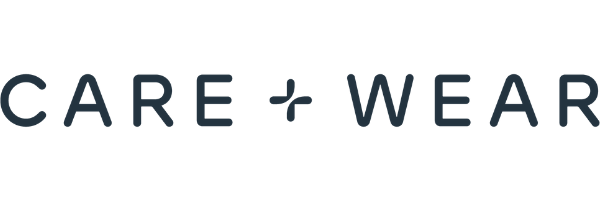
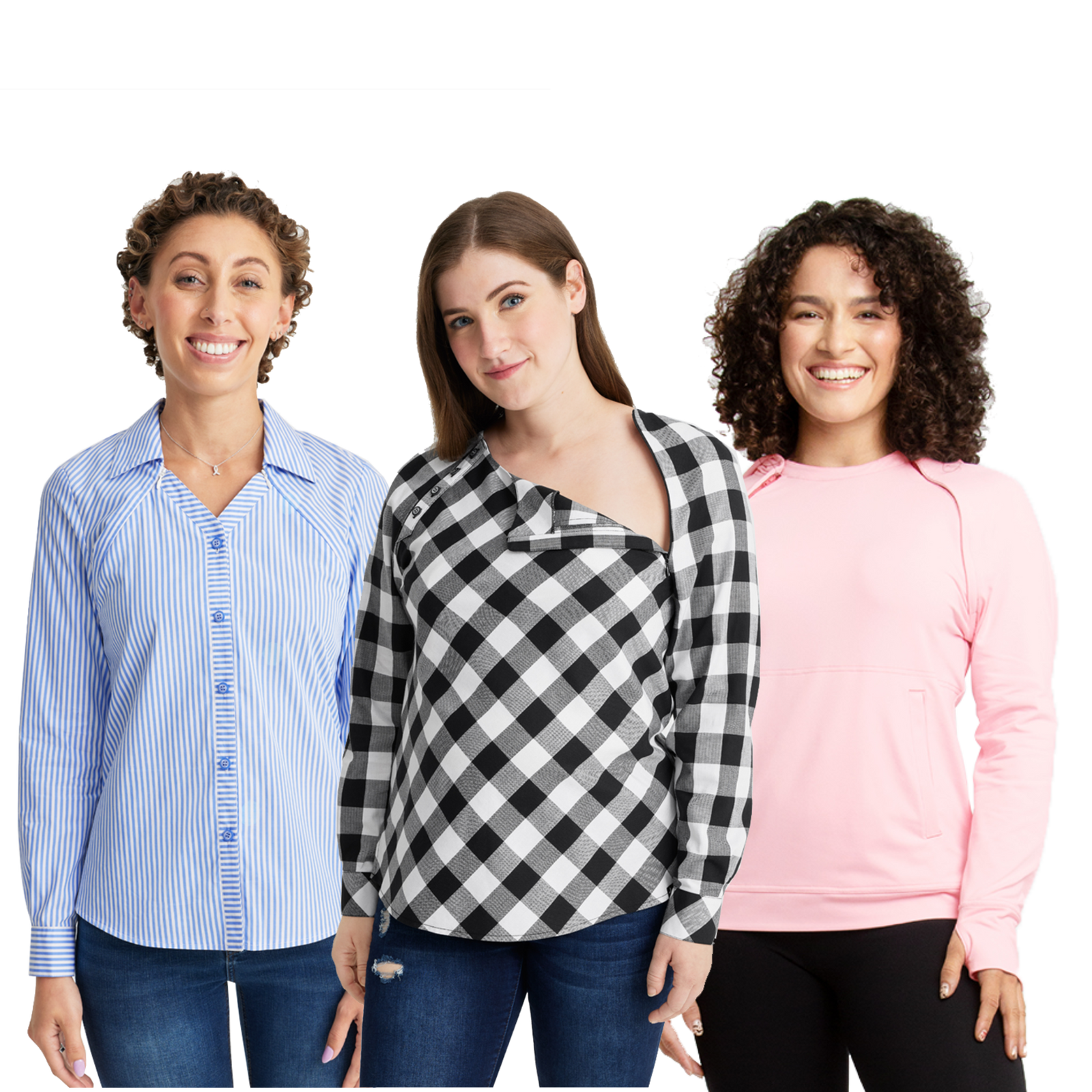
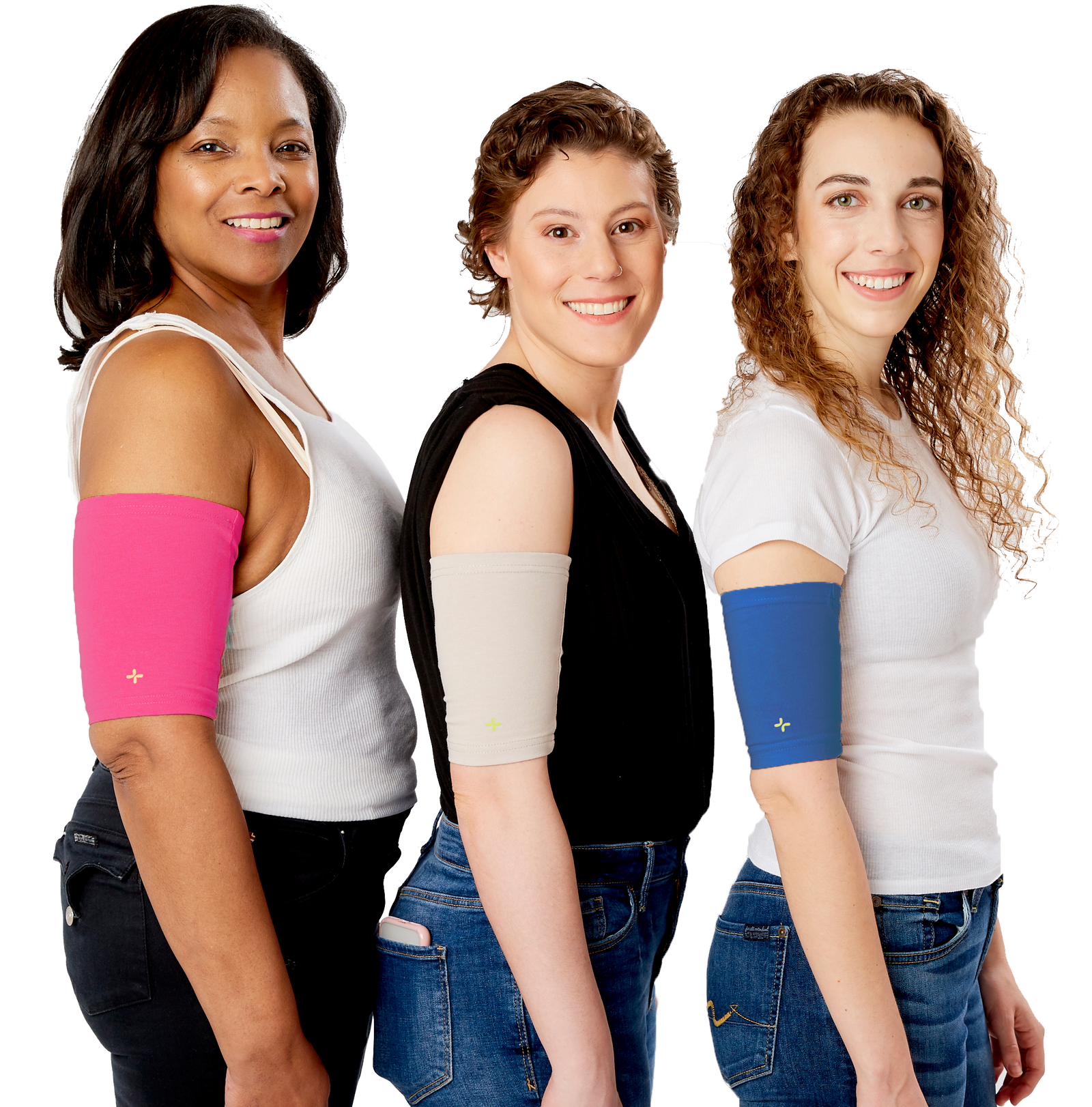
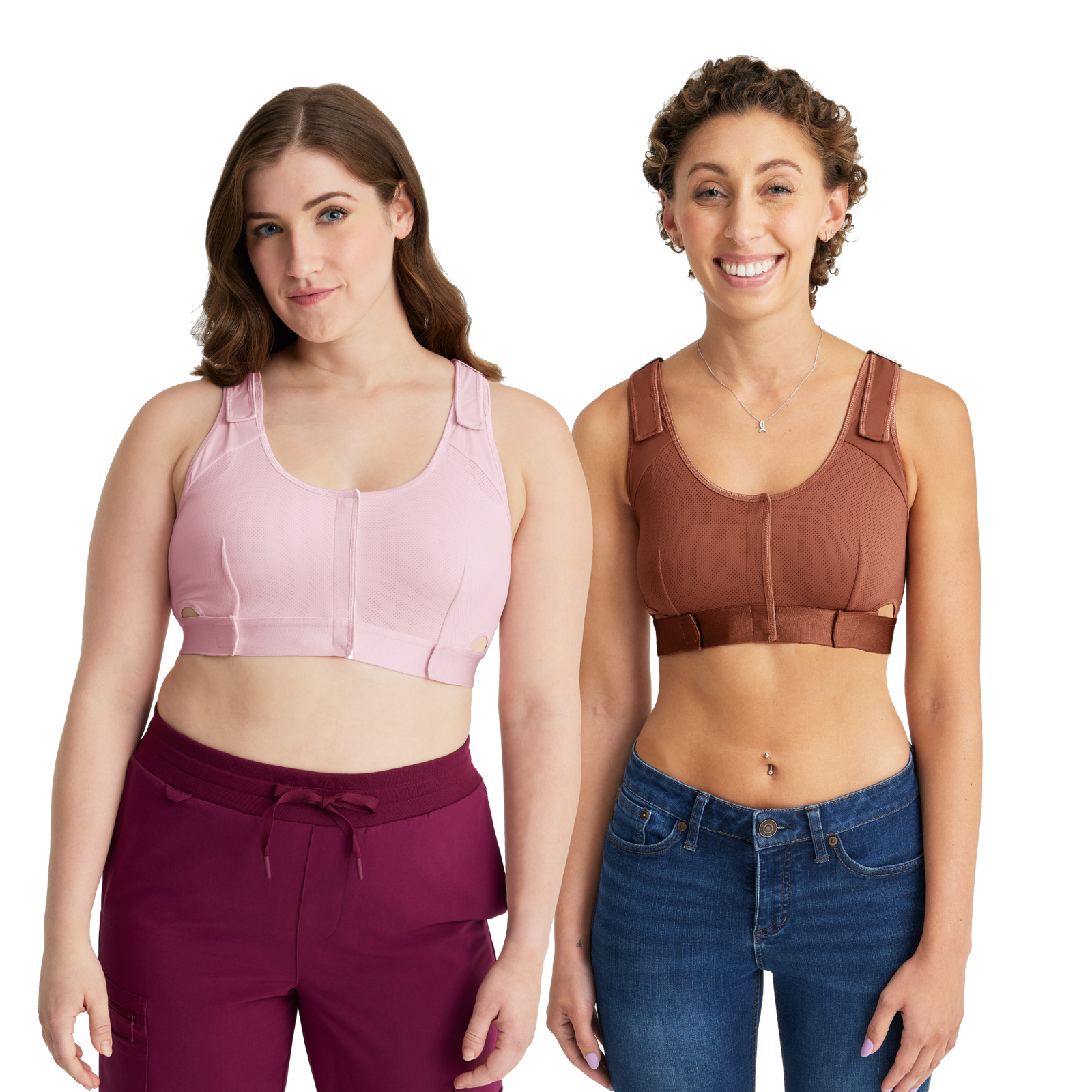
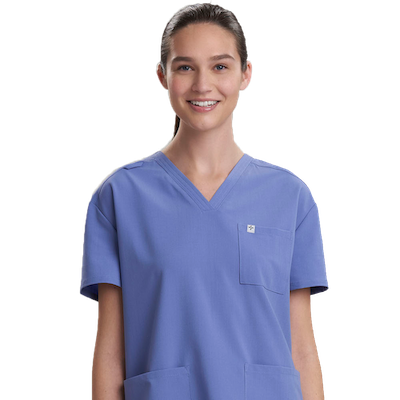
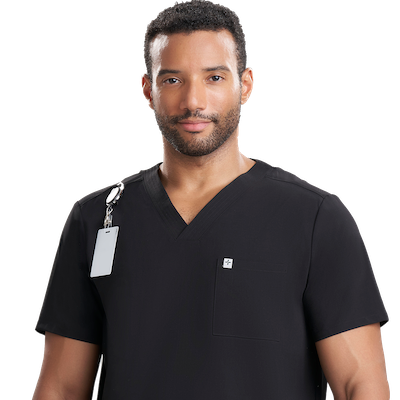
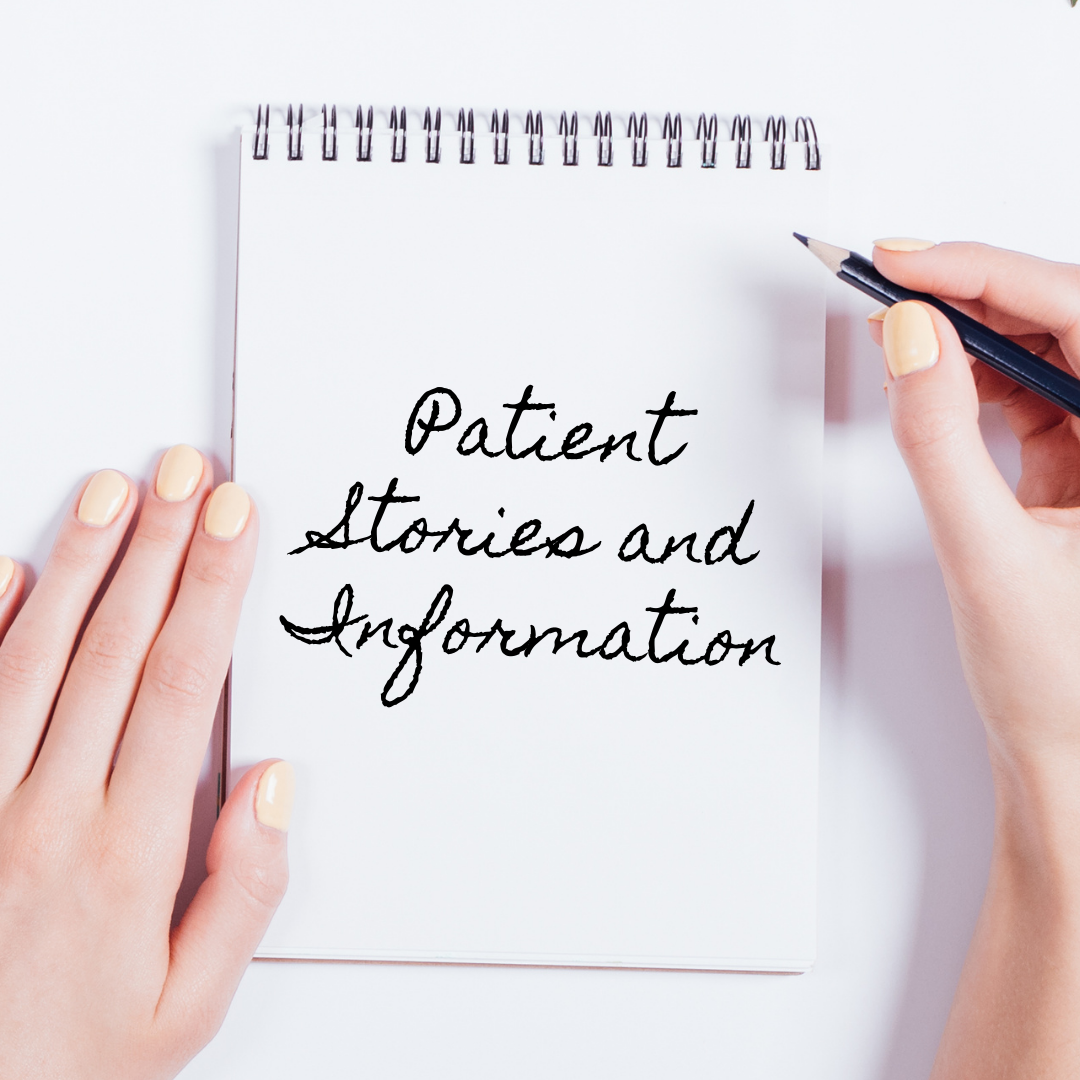
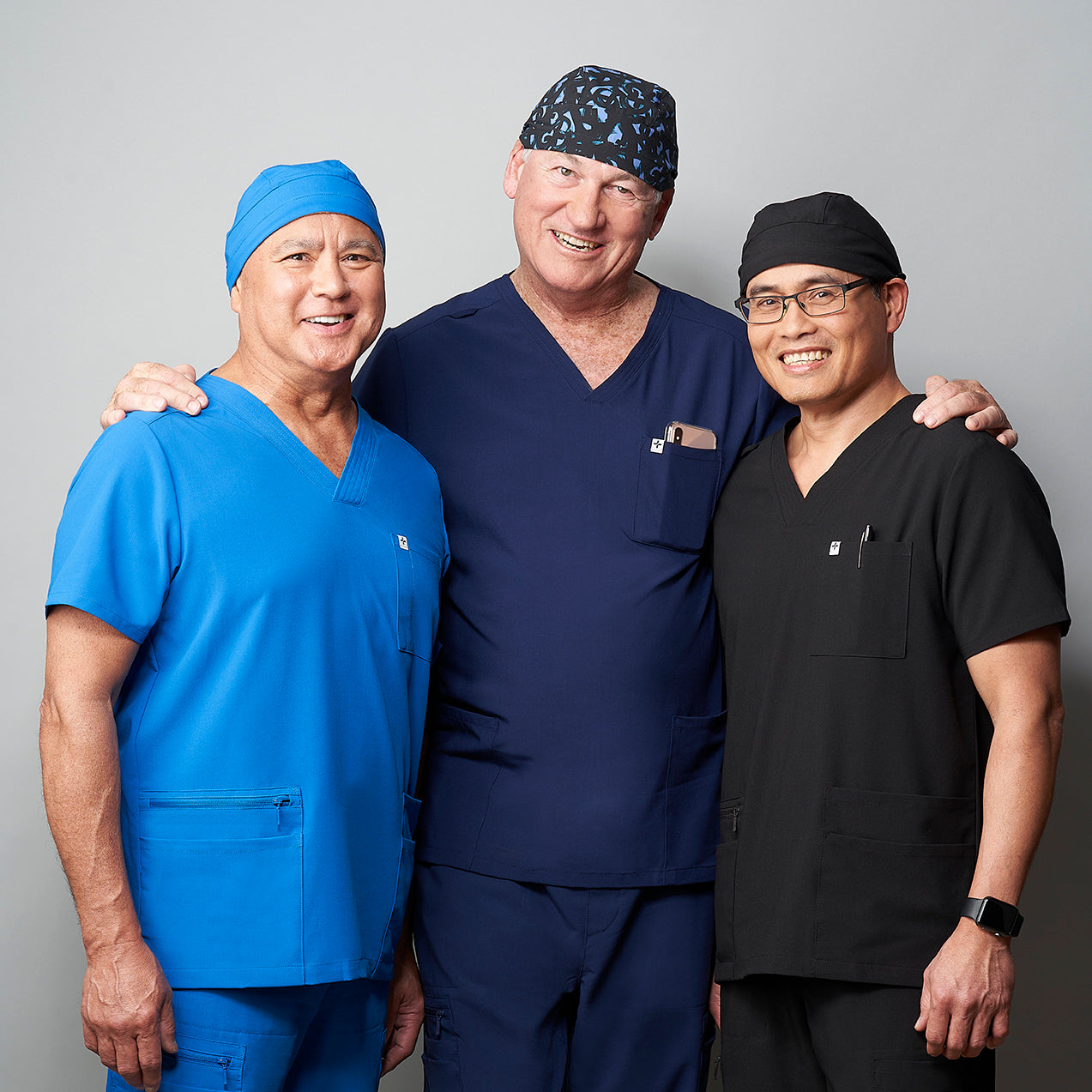
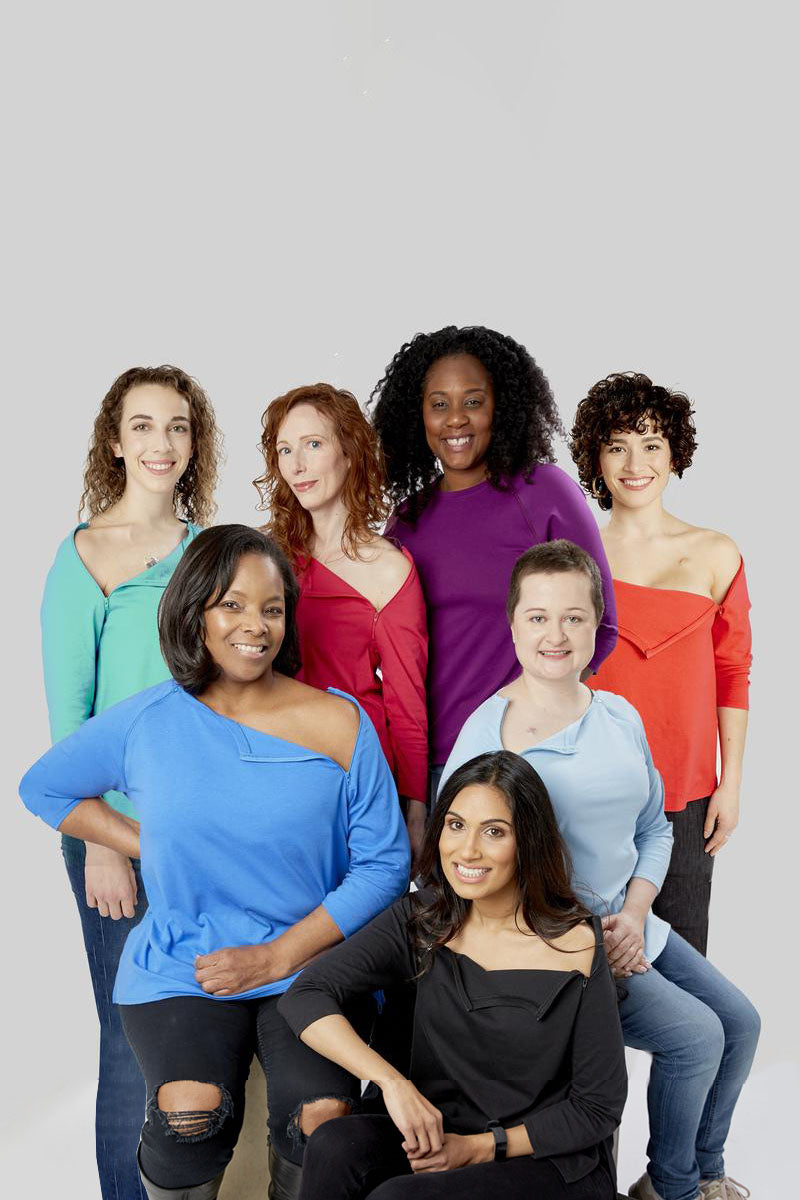
Dolores Heinzmann
November 10, 2020
Thanks for sharing part of your journey. I have a friend starting chem in a few days post surgery and what to know hoe I can support her and family.